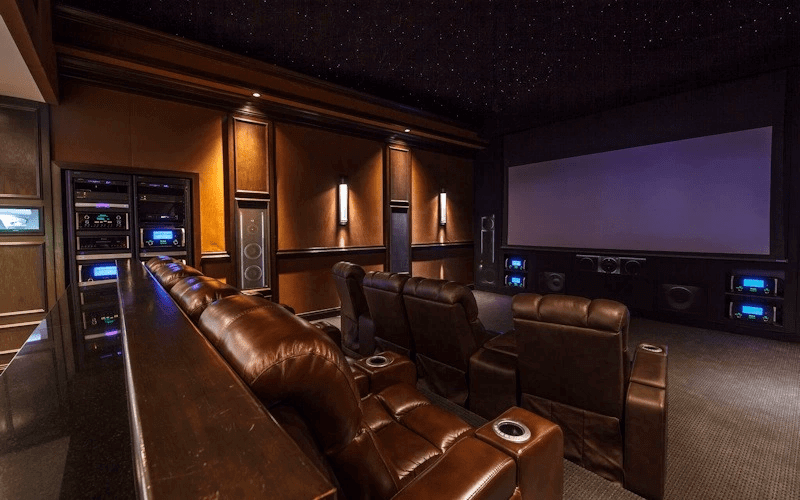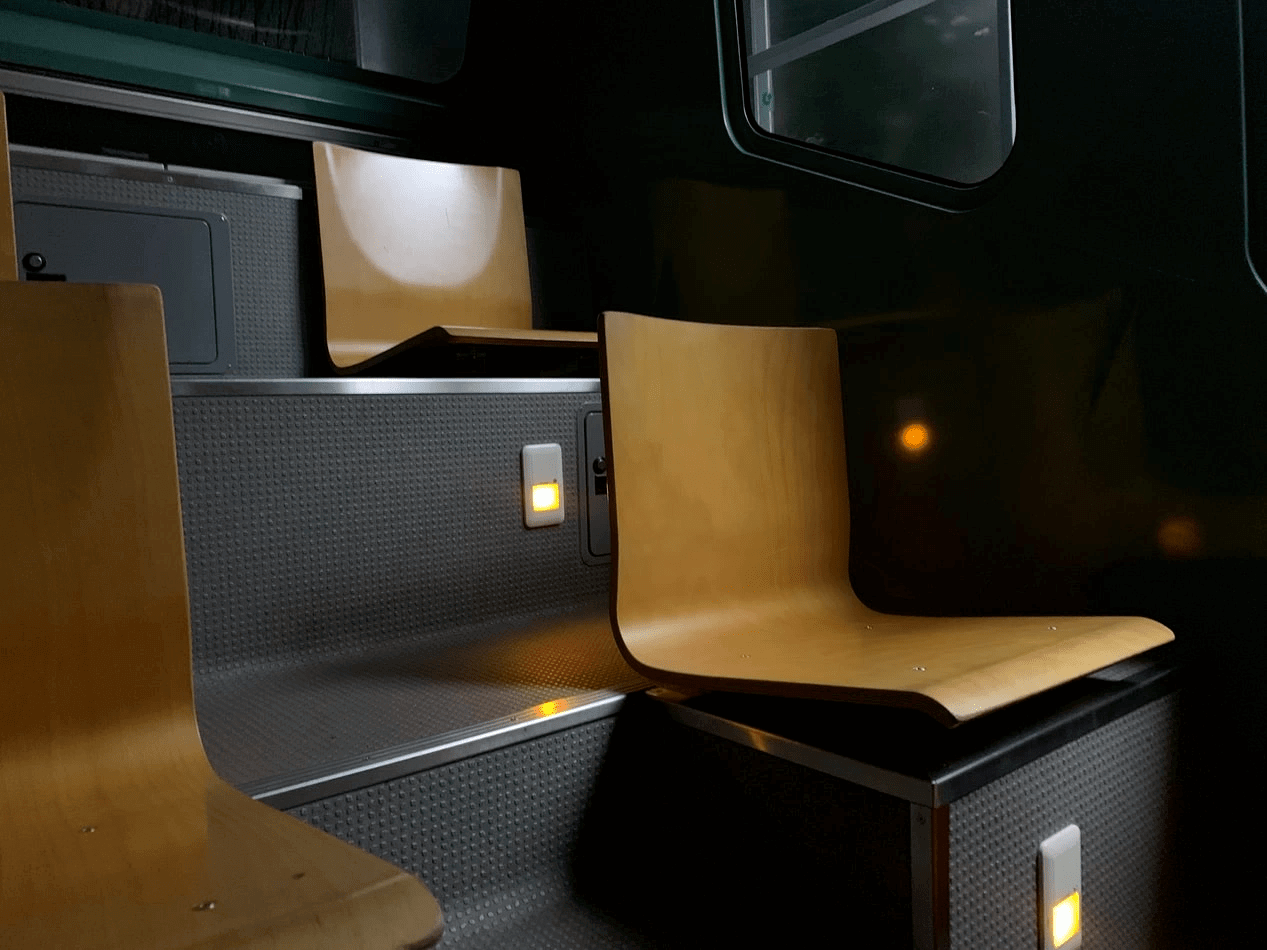Is Your Home Theater Acoustics Set Up For Success?
Everyone responds to the warmer weather in a different way. Some love to get outside, but for others, staying indoors is more ideal — especially when your home is set up to keep you comfortable and entertained.

When you have a home theater system always available for use, relaxing at a home is an easy decision to make. It’s important, though, to be equipped with the knowledge of what makes a proper theater system functional and efficient. There’s nothing worse than making an upgrade to your home with high expectations only to be let down when it doesn’t work as well as it could have if originally approached properly.
For many, sound quality is essential. Who wants to watch a movie with poor sound? This is especially true if you’re a fan of action flicks with heavy and detailed surround sound effects that add to the sense of realism.
In this blog, we will look at the various aspects that affect your home theater acoustics. This way, you’ll know exactly what aspects to prioritize whether you are in the design phase, making renovations, or just want to make sure your current setup is where it needs to be. Just keep reading to learn more.
Acoustics
Audio is affected by everything in the room. It’s imperative that your home theater setup is comprehensive in that you factor in aspects like flooring, room decor, seating, and what kind of sound you are looking to achieve.
Let’s break these down individually to see how they each affect the acoustics of the room and, ultimately, your movie-watching experience.
Flooring

Your flooring affects sound dispersion more than you may think. Carpet easily absorbs sound, preventing harsh echoes and enhancing clarity and crispness of the audio. Solid or hardwood flooring, on the other hand, often results in sound bouncing off of it and thus echoing within the room, ultimately disrupting the cinematic experience.
Room Dimensions & Speaker Selection
The relationship between your room’s dimensions and your speaker selection will greatly affect your home theater acoustics. Is your room long and narrow? Are there nooks throughout? Does it have high ceilings?
The physical layout of your space is important because it determines how sound navigates throughout the room. Standing speakers will affect a large room differently than a small room — especially according to where they are placed. You may want to consider hidden speakers — speakers that are built into the ceiling or walls — if you’re looking for an immersive surround sound experience where you don’t see the speakers.
The truth about speaker selection is that there is no objectively right or wrong option — it’s all dependent upon what you’re looking to achieve and the nuances of the space you are working with.
Decor

As with flooring, the decor affects acoustics. If you have a lot of objects in the room — even certain types of seating — you’ve created more potential interruptions in the sound’s movement throughout the space. This doesn’t mean you shouldn’t decorate the space how you want — it simply means that one speaker type may be better for the space than another. Another way to compensate for speaker choices and decor is by installing acoustic material in or on walls and ceilings. This can help in keeping sound from bleeding into neighbouring rooms or softening the sound bouncing from hard surfaces.
Ready to get the acoustics right in your home theater system? Contact us at Acoustica Projects
Call us 1300 498 268
Email us – enquires@acousticaprojects.com.au
Website – https://www.acousticaprojects.com.au

